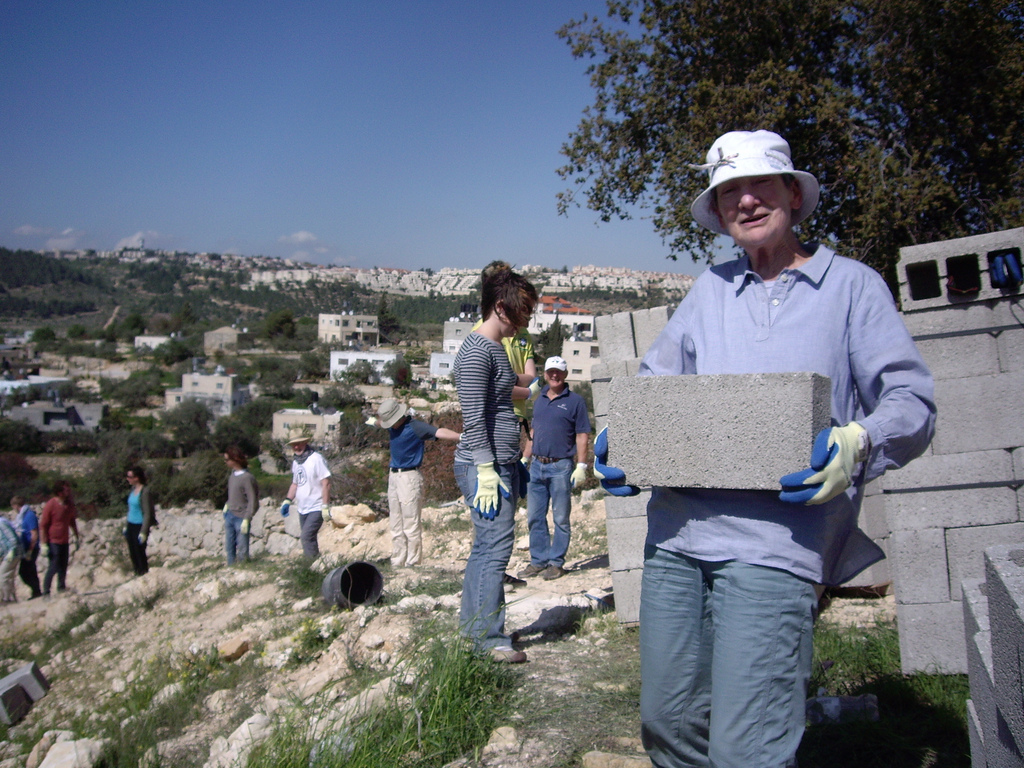Originally published at MintPress News.
RAMALLAH — Aid money to Palestine ends up benefiting the Israeli economy, and may even help perpetuate the occupation, according to an analysis published last year.
Published by Aid Watch Palestine, a Palestinian NGO that scrutinizes the spending of foreign relief money, the September 2015 study by Shir Hever suggests that at least 72 percent of foreign aid actually ends up back in Israeli hands.
Palestine’s economy is dependent on foreign aid, although foreign nations sometimes pledge more than they actually give. The World Bank reported that of $3.5 billion pledged to Palestine in 2015, “only 35 percent has been disbursed, $881 million less than what was supposed to be disbursed so far” by September.
“[D]espite over two decades of sustained aid, the occupation has not come to an end and Palestinians are not yet sovereign in their own country,” Hever noted in the report. “The question that arises is not only whether aid is effective, but whether it also causes harm.”
Rather than offering long-term relief, the report revealed that most aid is either “diverted,” meaning it never reaches its destination because of “taxes, transportation fees, etc,” or it’s “subverted,” meaning that, even though it ends up in the hands of the Palestinian Authority, it’s spent in such a way that ultimately benefits Israel, including purchases of Israeli goods to fund repair efforts and to rebuild infrastructure.
In an email on Tuesday, Hever told MintPress News he was not calling on donor countries to halt their aid to Palestine. Rather, he said the purpose of the report was to help readers “understand that it is not possible to separate aid from politics.” Donors should “take responsibility for their projects” and how their money is spent.
“I think we should all look at the Freedom Flotilla movement, which is sending aid to Gaza based on the needs of the population there, without going through Israeli customs, without using Israeli currency and most importantly — while making a strong and clear political message,” he said. “The big donor agencies cannot use the same methods as the Freedom Flotilla, but they have much to learn from that movement.”
In the report, Hever admitted that exact figures for how much aid is diverted or subverted are unavailable, so he produced his estimate by comparing the Israeli and Palestinian economies.
“The prolonged trade imbalance between Israel and OPT [Occupied Palestinian Territories] is a testament to the economic dependency of Palestinians on the Israeli economy, but it also poses an economic puzzle,” he wrote. After eliminating typical causes of trade imbalances, such as debt or foreign investment, he concludes:
The argument presented here is that international aid can explain the origin of the funding of the trade deficit and of the balance of payments. Aid enables a consistent trade imbalance, which has a substantial impact on both the Palestinian and the Israeli economies.
Due to years of attacks on Palestinian infrastructure and an ongoing blockade on crucial tools and materials, Hever reported “many of the goods and services required for aid projects are simply unavailable in the Palestinian market and must be sourced from Israeli companies,” resulting in the subversion of substantial quantities of aid.
Because foreign aid turns Palestine into “an effective export sector for the Israeli economy,” Hever suggests that aid money could actually prolong the occupation of Palestine. “International aid efforts ultimately reinforce the Israeli economy and subsidize the Israeli government in financing the occupation.”
In an October 2015 response to Hever’s report also published by Aid Watch Palestine, Peter Falk, an international law scholar who has written extensively about Palestine, suggested that “donors should be encouraged to be more vigilant and aware of these realities.”
The benefits of aid to a needy population must be weighed carefully against the way they also aid Israel’s bottom line, he said, adding that “[p]ressure exerted through exposure of Israeli practices in the media” could also benefit Palestinians.
In his report, though, Hever wondered: “The question arises of whether the Israeli government would end the occupation if aid ceased? … Or would they remain indifferent to a mass humanitarian disaster that could cost the lives of thousands of Palestinians?”
And he warned that his analysis places considerable moral responsibility on donors
They are not themselves the occupiers of the Palestinians … but decades of acquiescing to Israeli demands and conditions on the disbursement of aid have turned them into accomplices to Israel’s crimes.
Read the full report: “How Much International Aid to Palestinians Ends Up in the Israeli Economy”
